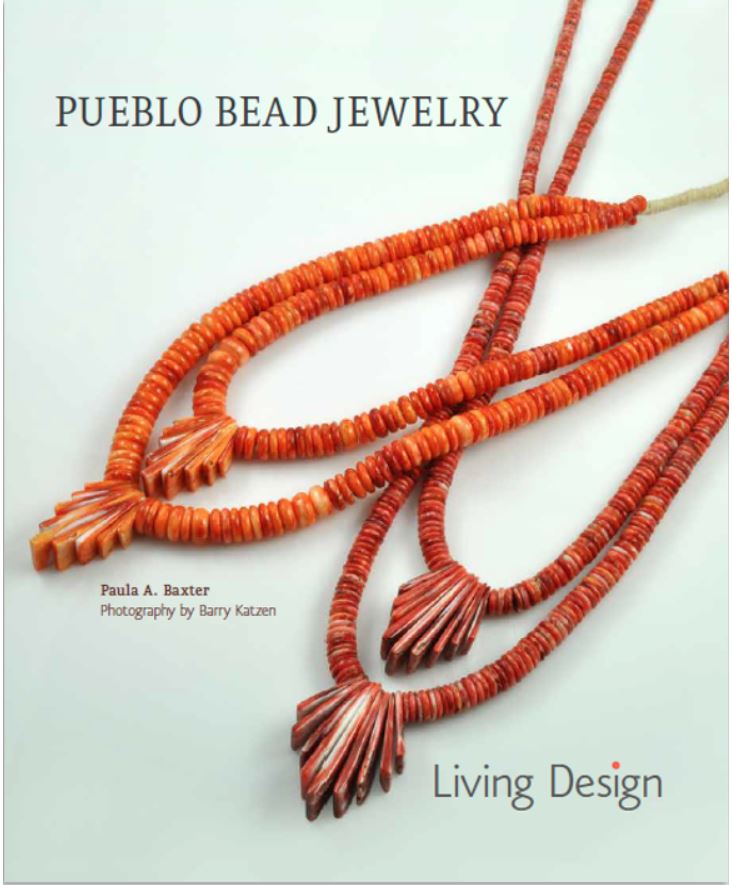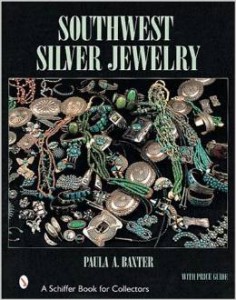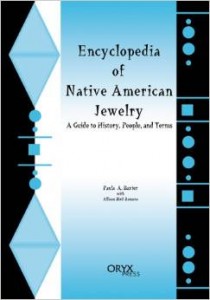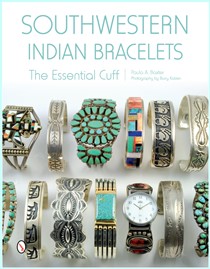“I learned a lot of good cuss words,” Floyd chuckled. He called the poodle over and Henry trotted along the other dog’s side. But then the older man turned serious. “I never understood why your father was so obsessed about finding dinosaurs here? This canyon’s known for the settlements of the ancient ones.”
He was referring to Betatakin and Keet Seel, splendid pueblos dug out of canyon walls, made by the people formerly known as the Anasazi. They were the true attractions of Navajo National Monument, although ironically they were really dwellings of the Ancestral Puebloans. Tourists could make a paved mile walk to view Betatakin, but the other site was miles away, and available only by hiking in with a guide. Nevertheless, this canyon shared sacred associations for its Navajo guardians.
Carla Coe had spent years arguing with her husband about this fact; the geological environment of Tsegi Canyon did not contain much soil to support the late Jurassic strata needed to locate a Tyrannosaurus. Bob always shook his head stubbornly and returned to the events of 1936, when his former professor Charles Lewis Camp identified a small skeleton of a theropod.
Leland settled down now to recount the story of the discovery of the segisaurus. The little dinosaur was first found by a Navajo sheepherder whose flock grazed in the canyon. He brought his information to archaeologists working in the area. It took several years before Camp was able to identify the specimen. The segisaurus was a small creature, not much larger than a goose, and from its position it might have been taking shelter from an ash or sand storm.
Despite the fact that no other specimens of dinosaur had ever been found in Tsegi Canyon, Bob Coe was excited by the creature’s location in early Jurassic soil; he was convinced that this location’s geographic elements might have also sheltered a larger dinosaur, one that might even have been hunting the little theropod.
When the first shadows of dusk appeared, Leland left his new friends and returned to his campsite to retrieve some food, then came back to join them at their firepit. They dined off hot dogs. Leland also brought a container of fudge he’d bought from the small mall in downtown Flagstaff. This made Betty Bitsue smile. Floyd, however, was still digesting Leland’s story.
“So your father came out here year after year pursuing this beast that seemed to be unlikely?” he asked.
“Yeah,” Leland smiled and raked his fingers through his tousled hair. “After a while, it got to be something like a joke, ‘Dr. Coe’s mad quest,’ that kind of thing. But we kept coming, and after all, it’s really lovely out here.”
The Bitsues nodded. The diminishing rays of sunshine beamed over the wash, making the water sparkle in places. Large ravens flew off of a cliff and wheeled in a sky that showed the first stars of the evening. Tsegi Canyon held a promise of renewal. It was a place, Leland reflected, that could draw any dreamer.
His neighbors must have felt this, too. Betty had not spoken much, although her delight in the fudge was audible. Now, as her husband sat musing, she spoke up.
“You know, my mother’s clan was related to a family here in the canyon, the Littletrees. Seems to me I recall hearing that the one who found those dinosaur bones still may be alive, although very old. Did your father ever talk to him?”
Leland thought very hard. He didn’t remember Bob talking to any Littletrees, although he knew a great many Navajo people in the area. Even now, he wasn’t sure why this connection mattered so much. No other specimens had turned up since the 1930s, and Leland was sure his father had been over all the ground near where the bones had been excavated.
Betty wasn’t finished, however. “It’s not clear, but I think this man left the area for quite a while. I think he was in Phoenix because he or someone in his family needed medical treatment.”
Leland waited politely. Betty remained deep in thought, and now Floyd seemed to be examining some point. The stars were growing brighter overhead, making the kind of glittering carpet that can only be found miles from the bright lights of civilization. He felt a peacefulness he’d known from his youth — a sense of rightness with the world.
He was torn from his contemplation by a small stirring of the couple, who spoke in undertones to each other. They seemed to have reached a decision, and Betty now turned to him. “We’ve been thinking, you are a nice white boy, very respectful, unlike so many others.”
Leland nodded in appreciation. This was praise indeed from these chance-met elders. He continued to wait.
“At the main lodge, I have a cousin, Lois Tsingine. She was the daughter-in-law to my relatives when her husband lived. Now, she has remarried. Tomorrow, go speak to her, and she will tell you how to find them.”
By instinct, Leland knew he needed to stay silent some more. The information he was receiving contained a missing piece.
After another moment, Betty continued. “Lois has said that her father-in-law knows something important. Something he has never explained. I think, if you have the right manners, he might want to tell you.” She straightened up and looked at Leland in a very commanding way. “He is very old now.”




